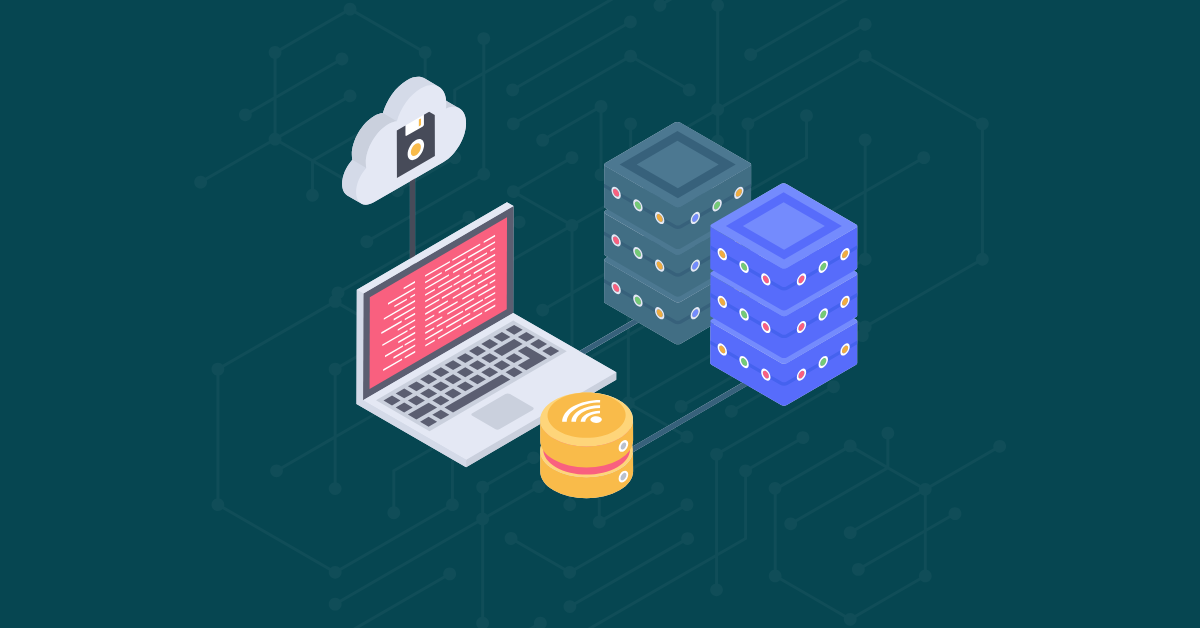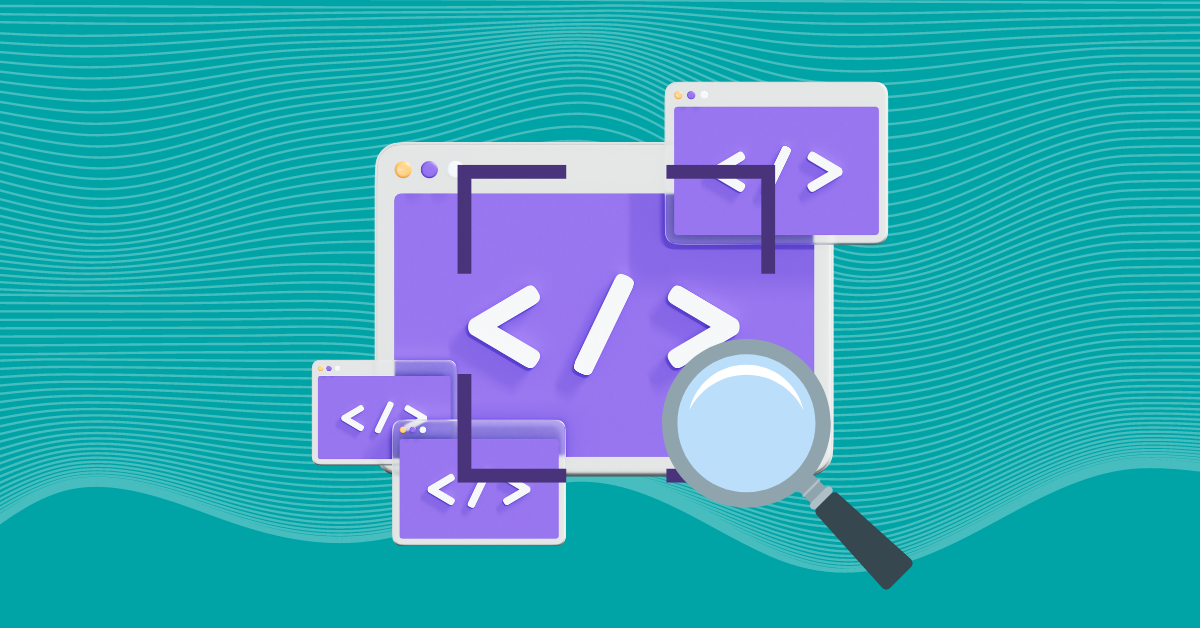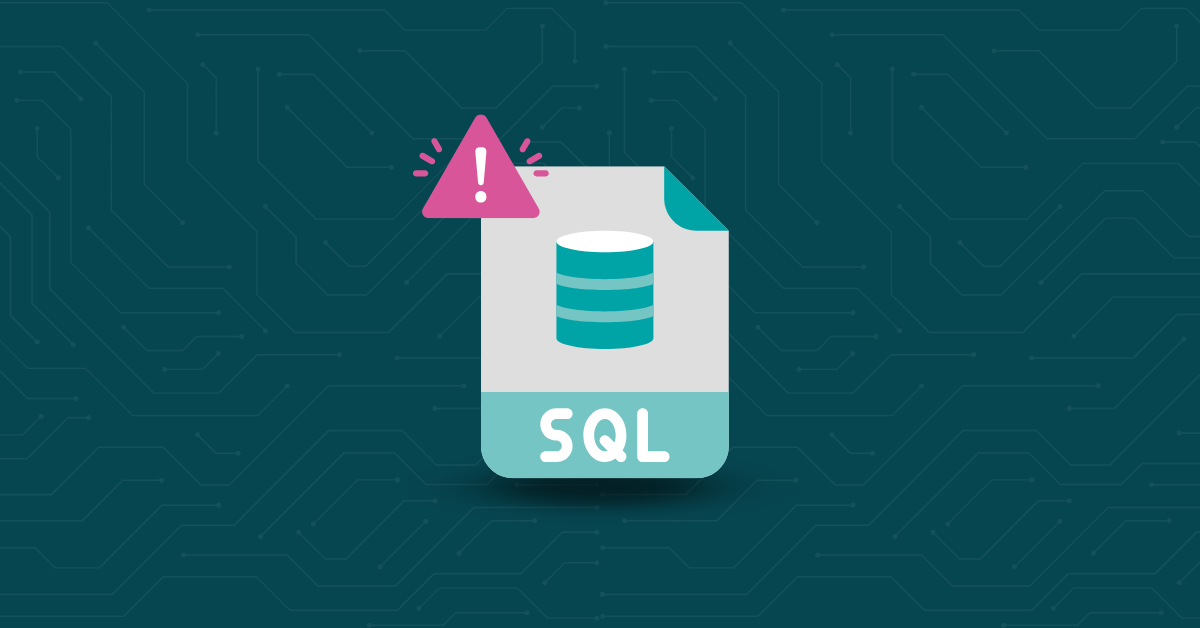

Code vulnerabilities are among the leading causes of data and security breaches, alongside human errors. This is because, at the beginning of software development, developers often focus more on functionality and speed of development rather than checking code for vulnerabilities. It’s a race against time in a highly competitive environment, where any delay results in lost opportunities or market share.
As a result, vulnerabilities can creep into the code unnoticed, leaving the software susceptible to being exploited or hacked. These vulnerabilities can range from simple coding mistakes to complex architectural flaws. Regardless of the size of the vulnerabilities, the impact on the security and integrity of data can be significant.
Here are the top five reasons developers must check code for vulnerabilities and prioritize security before shipping their software products.
The most obvious reason developers should check for vulnerabilities is to prevent data and security breaches. Malicious threat actors are always searching for vulnerable points in software systems that they can exploit to gain unauthorized access to sensitive data or cause security incidents. If you think you will release an app into the wild and have it simply fly under the radar of attackers, think again.
In 2023, we saw increased data breaches and security incidents, with companies such as MOVEit, GoAnywhere, and Shields Healthcare Group falling victim to cyber-attacks due to unpatched vulnerabilities. These incidents not only cost companies millions of dollars in damages and lost business opportunities but also damaged their reputation and trust among customers.
These examples highlight why it’s crucial to check code for vulnerabilities before shipping and prevent such incidents from happening.
Even with so much development and many innovations in recent years, software development still involves manual coding. While automation and tools have made development faster and more efficient, the chances of human error are still high. This is especially true when developers are pressured to deliver a product quickly. And as the saying goes, “To err is human.”
As a result, developers may overlook important security measures, leading to vulnerabilities in the code. They may also unintentionally introduce vulnerabilities while writing code due to a lack of knowledge or oversight. Even a small mistake can have disastrous consequences with software security.
This is why it is crucial to thoroughly check code for vulnerabilities before shipping, as even the most experienced developers are susceptible to human error.
It’s not just a proactive security measure to address vulnerabilities during the development phase — it’s also a far more cost-effective approach. For example, think of it as fixing a leak in a boat while still ashore rather than doing so out at sea. It’s easier and significantly less resource-intensive. Not to mention that once the damage is already done, it’s much harder to fix than it would’ve been to prevent problems in the first place.
Fixing vulnerabilities after deployment can be much more costly and time-consuming than if developers addressed them before shipping. When security teams discover a vulnerability in live software, they have to patch the code, potentially deploy patches across multiple servers, test and verify the fix, and deal with any potential fallout from the patch.
Moreover, there is no guarantee that a vulnerability can be completely fixed after deployment. Sometimes, the only solution may be to plan for a complete overhaul of the system architecture and software design. This could result in significant downtime and financial loss.
In addition to protecting sensitive data and preventing security incidents, legal and regulatory obligations require developers to check code for vulnerabilities.
Certain industries, such as finance, healthcare, and government sectors, have strict software security compliance requirements. These regulations often require regular vulnerability assessments and mitigation measures before deployment. Non-compliance can result in legal consequences, fines, and reputational damage.
Moreover, laws such as the General Data Protection Regulation (GDPR) and the California Consumer Privacy Act (CCPA) also have strict data protection and security guidelines. Failure to comply with these laws can result in severe penalties, making it even more crucial for developers to prioritize checking code for vulnerabilities before shipping.
In most cases, software products are not a one-off venture. Organizations should continue to update and improve their products to keep up with changing market trends and customer needs.
For instance, a software product may need to scale up to accommodate more users or introduce new features and functionalities. Without proper code security measures, these changes can become much more complicated and time-consuming.
Vulnerabilities in the existing code can conflict with new features, making it difficult to integrate them into the system. This not only delays the development process but also leaves the software open to attacker exploitation. Moreover, fixing vulnerabilities after deployment requires resources developers could have used to develop new features or improve the product.
The above reasons should be enough for development and security teams to check code for vulnerabilities before deploying or releasing a product into the market. However, with so many stages and processes involved in the development process and the need for continuous testing, this can be extremely long and tedious, especially if done manually.
This is where tools like Kiuwan can help. Kiuwan offers comprehensive code security testing and analysis to help developers detect and fix vulnerabilities at every stage of the software development process. With advanced scanning capabilities and a deep understanding of software development, Kiuwan can help ensure your code is secure before it goes into production.
Want to enhance app security even further? Once your code is secure and your binary compiled, use an app hardening tool from PreEmptive to obfuscate the code and protect it from reverse engineering.
Start checking code for vulnerabilities by signing up for a free trial with Kiuwan!


